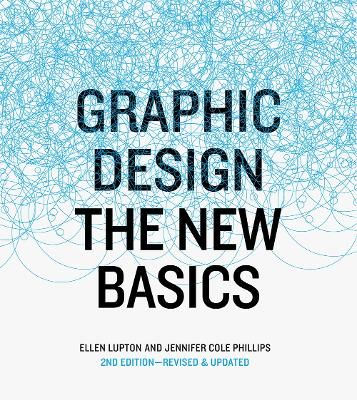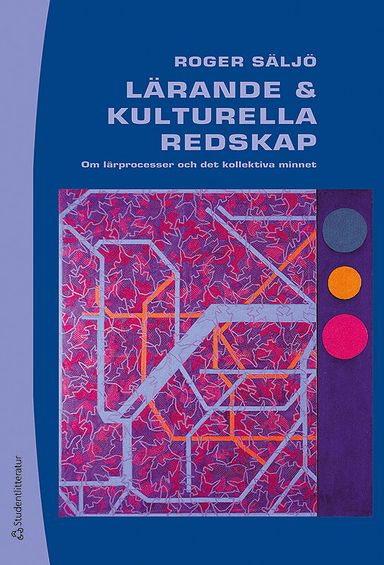

Where the Action Is Upplaga 1
- Upplaga: 1a upplagan
- Utgiven: 2004
- ISBN: 9780262541787
- Sidor: 248 st
- Förlag: MIT Press
- Format: Häftad
- Språk: Engelska
Om boken
Computer science as an engineering discipline has been spectacularly successful. Yet it is also a philosophical enterprise in the way it represents the world and creates and manipulates models of reality, people, and action. In this book, Paul Dourish addresses the philosophical bases of human-computer interaction. He looks at how what he calls "embodied interaction"-an approach to interacting with software systems that emphasizes skilled, engaged practice rather than disembodied rationality-reflects the phenomenological approaches of Martin Heidegger, Ludwig Wittgenstein, and other twentieth-century philosophers. The phenomenological tradition emphasizes the primacy of natural practice over abstract cognition in everyday activity. Dourish shows how this perspective can shed light on the foundational underpinnings of current research on embodied interaction. He looks in particular at how tangible and social approaches to interaction are related, how they can be used to analyze and understand embodied interaction, and how they could affect the design of future interactive systems.
Åtkomstkoder och digitalt tilläggsmaterial garanteras inte med begagnade böcker
Mer om Where the Action Is (2004)
I augusti 2004 släpptes boken Where the Action Is skriven av Paul Dourish. Det är den 1a upplagan av kursboken. Den är skriven på engelska och består av 248 sidor. Förlaget bakom boken är MIT Press.
Köp boken Where the Action Is på Studentapan och spara pengar.
Referera till Where the Action Is (Upplaga 1)
Harvard
Dourish, P. (2004). Where the Action Is. 1:a uppl. MIT Press.
Oxford
Dourish, Paul, Where the Action Is, 1 uppl. (MIT Press, 2004).
APA
Dourish, P. (2004). Where the Action Is (1:a uppl.). MIT Press.
Vancouver
Dourish P. Where the Action Is. 1:a uppl. MIT Press; 2004.



















